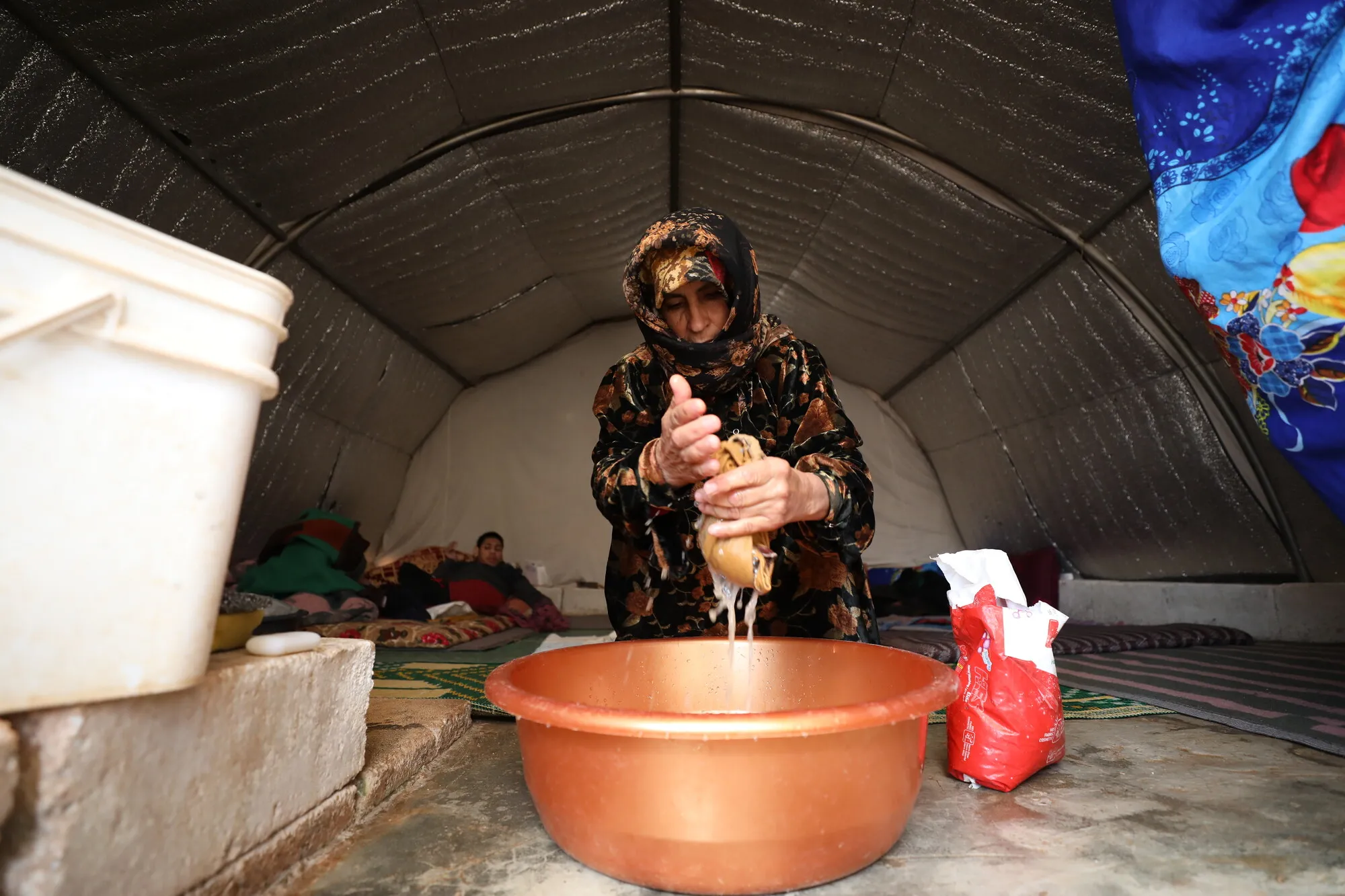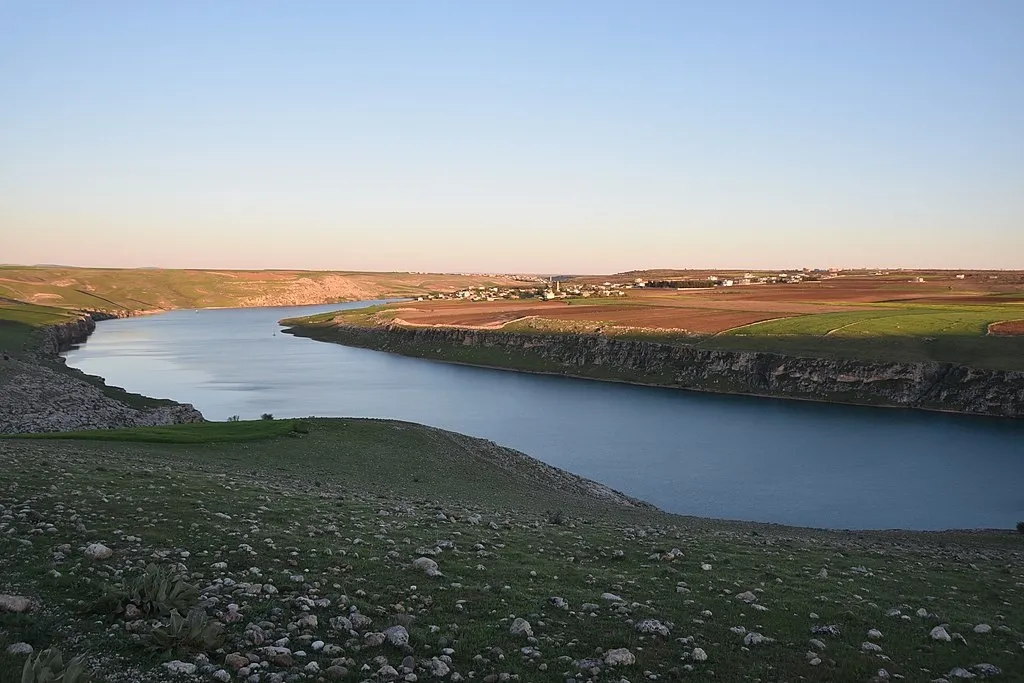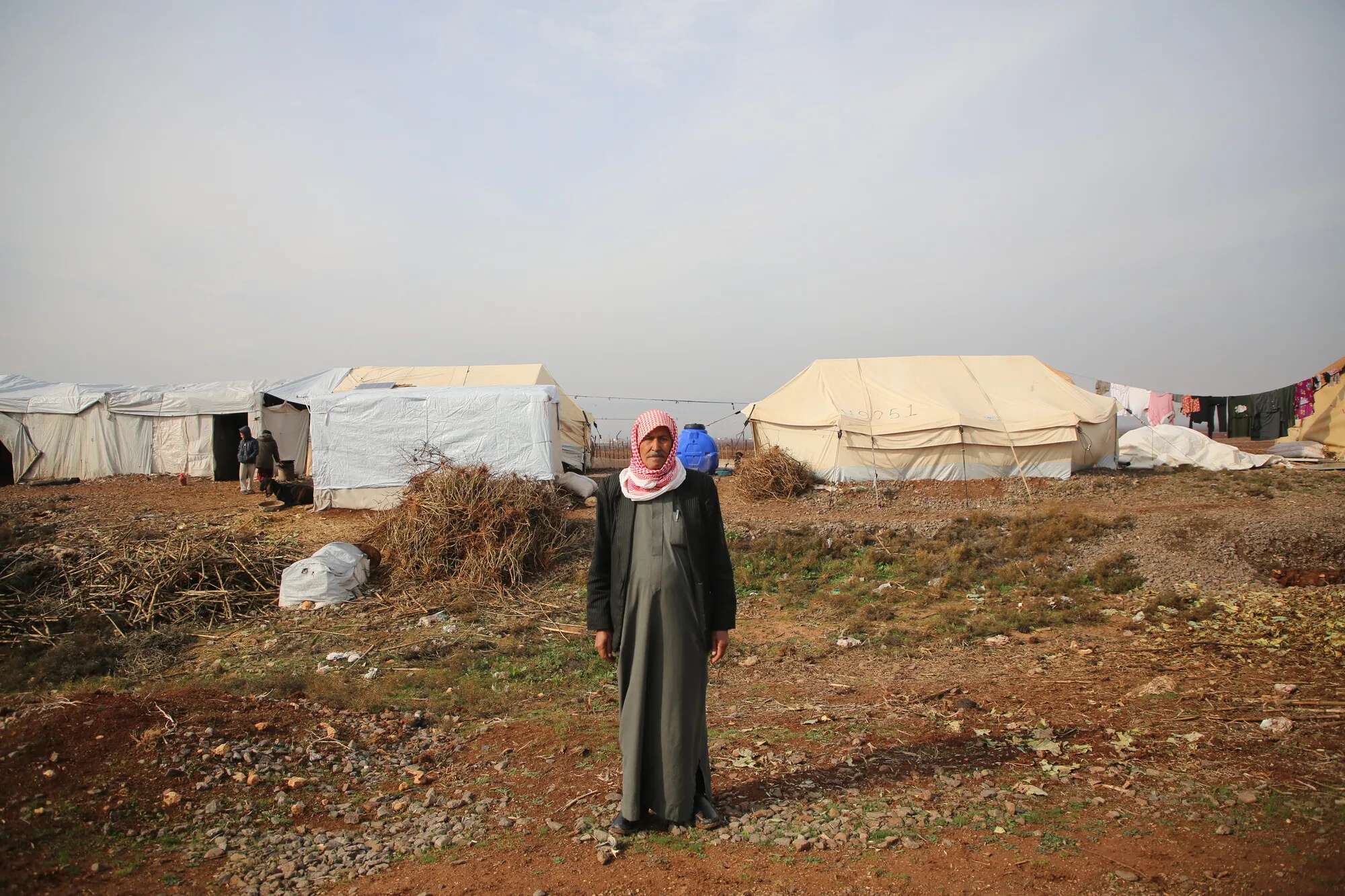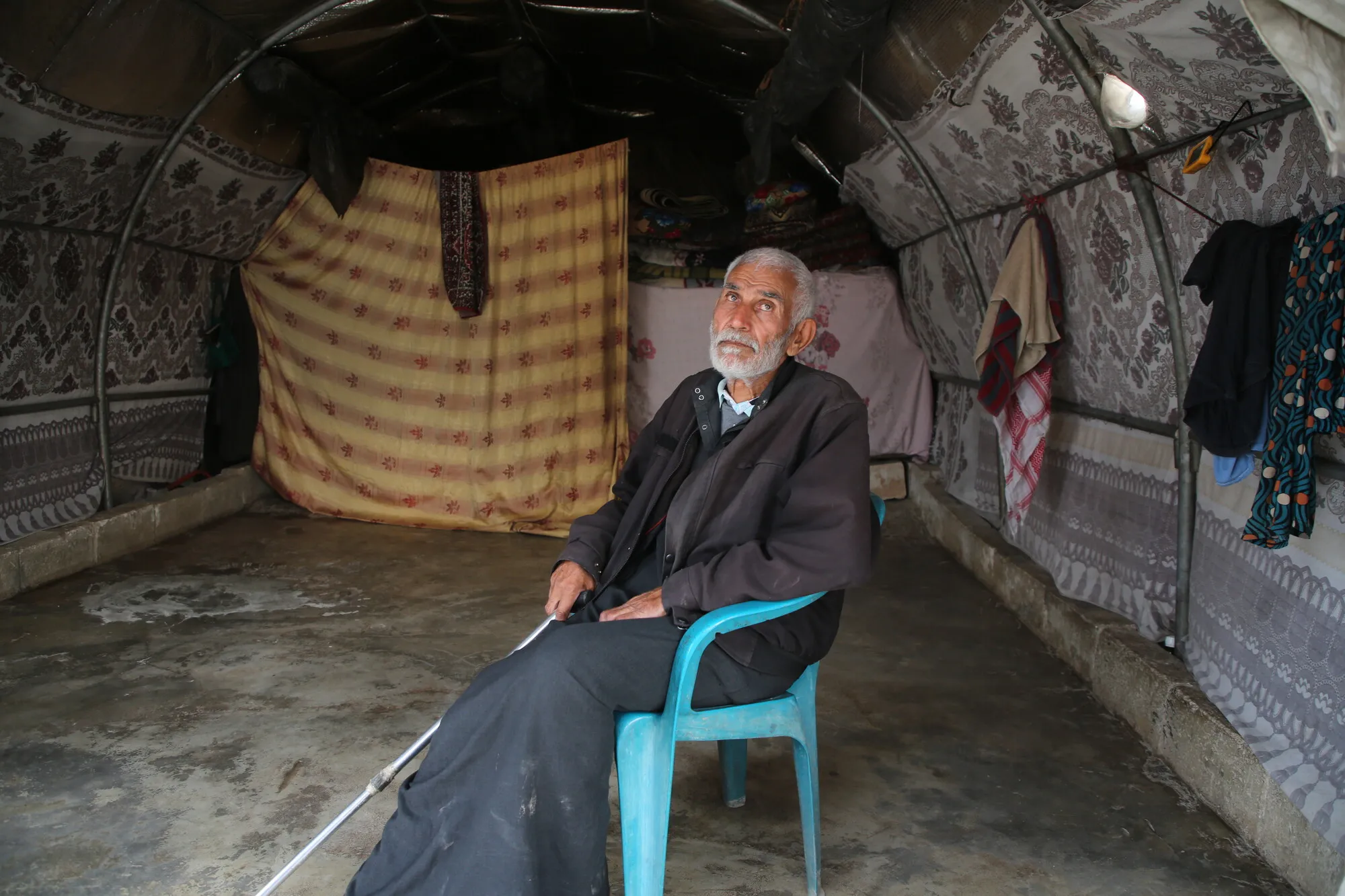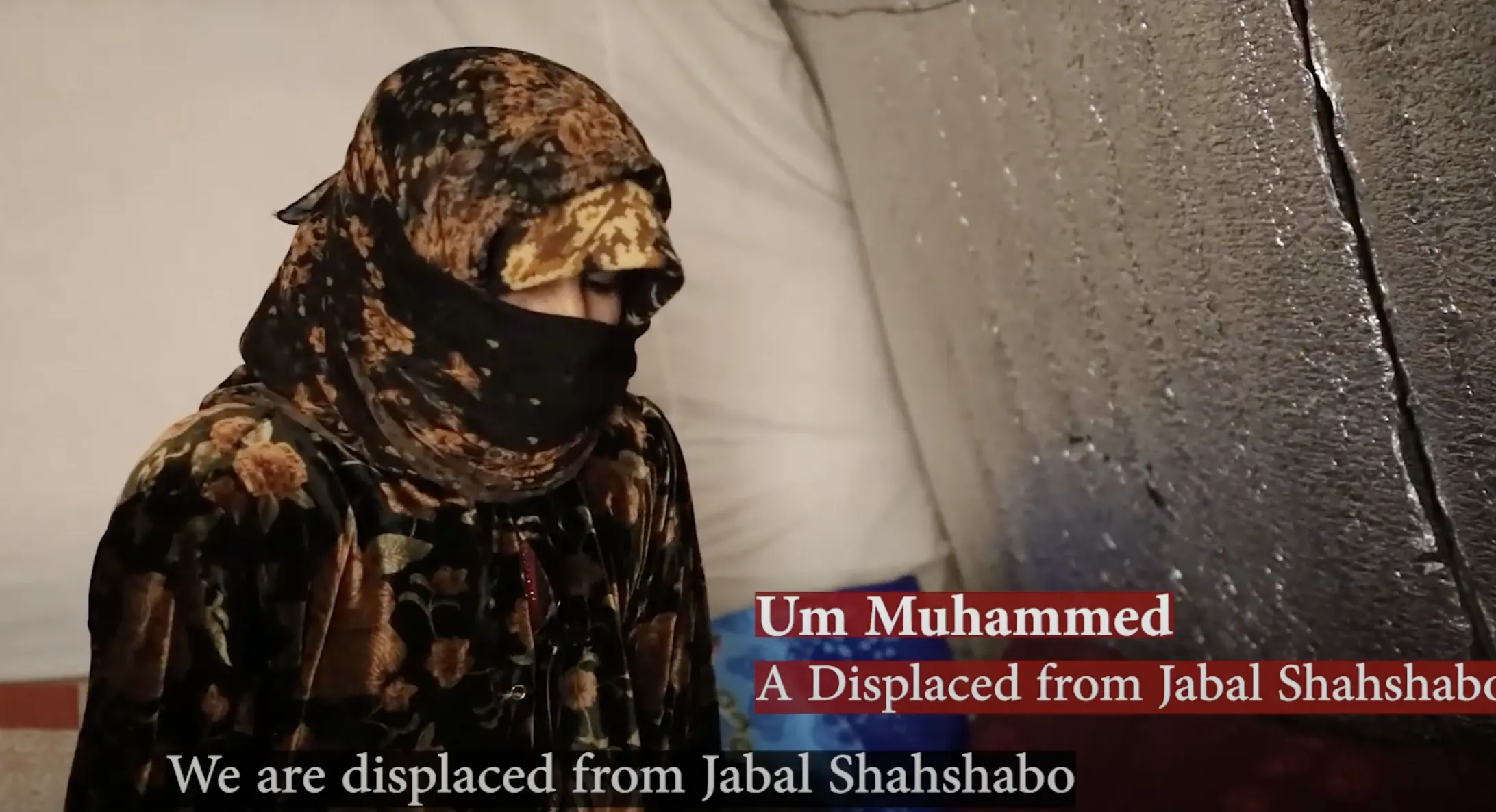The Euphrates runs diagonally from north to south Syria through the eastern region and depends on the downstream flow of water from Türkiye, as well as seasonal rainfall, to replenish its water levels.
The Euphrates is the single most important source of water for an estimated 5.5 million people in the governorates of Aleppo, Deir ez-Zor and Raqqa.
Because so many people rely on the Euphrates for drinking water, sanitation, and irrigation, and because cholera is a fast-moving bacterial infection transmitted through contaminated water and food, the region was particularly vulnerable to an outbreak.
The regional conflict, lack of adequate sewage disposal and treatment systems, as well as record low water levels caused by historically poor rainfall have all made the situation even more precarious.
Many of the communities in the northeast have told CARE that the water they’ve been getting from the Euphrates is dirty and smells bad, but that they can’t afford filtered water, so they are forced to still drink from the river and use its waters to irrigate their crops.
Over the span of seven months, between August 25, 2022 and January 21, 2023, approximately 85,000 suspected cholera cases were reported across Syria, with a fatality rate of 0.12 percent. Cases in northeast Syria represent 48% of the total number, Deir ez-Zor (24.43 percent) and Raqqa (19.34 percent).
Children are the most affected, and many parents have told CARE that once their children are infected, they don’t have money to pay for treatment.

